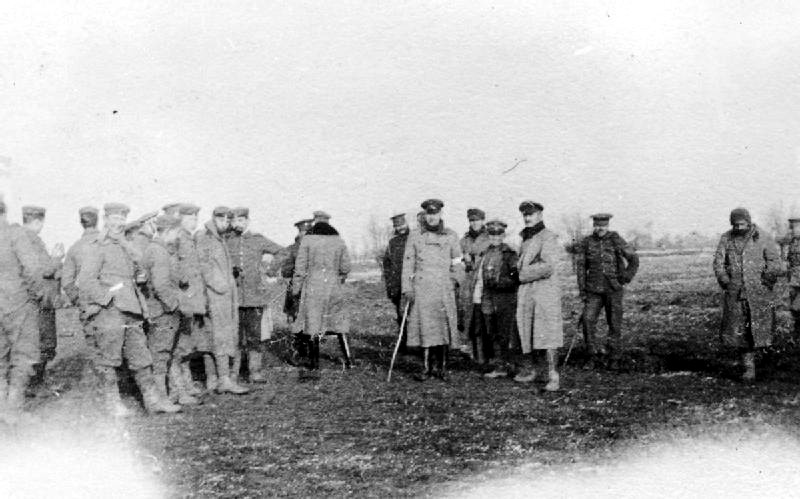 |
| From the webcam of the laptop with which I edited most of this post when I should have been writing my comprehensive exam. FYI, Einstein was defending Bertrand Russell. |
From the pre-Socratics to Socrates himself, the Western tradition passed down an, at best, provisional explication derivable from the first books of Plato's Republic. Philosophers have long grappled with the gravity of the question and with the associated gravity of a proficient answer.
Lately, scholars of social justice have gravitated toward the discourses of empathic understanding when confronted with the question of the criteria and/or substance of social justice. The problem in practice, as I've witnessed it, is that the respondents confronted with social injustices apply empathy undemocratically. Under the guise of equity, these "social justice warriors" exercise a limited form of empathy that privileges empathizing with particular groups as opposed to a consciously and rigorously maintained, indiscriminate empathic disposition. Almost daily, I encounter new politically selective applications of empathy that violate the presupposed humanistic ethics and morality of empathetic practice.
Just as Henry Giroux argued that a "democracy can never be democratic enough," empathy can never be empathized enough. The schools of liberal democratic thought taken to their logical extremes necessitate a democratic empathy and an empathetic democracy in which people practice empathy as democratically and exhaustively as possible.
The idealized desire for the practice of democracy and empathy in their extremities echoes the philosopher's restless pursuit of timelessness and universality. During a heated philosophical discussion that feels like yesterday but actually transpired about 8 years ago, a great friend and I were arguing about the possibility of objective morality: or in other words, a morality that could transcend time and space and that would be applicable for any human context. The other discussant was a staunch Christian, while I was a less radically agnostic version of myself. We couldn't agree on anything other than that if such morality were ascertainable, it could be determined only through an application of reason and empiricism and could only be validated through some leap of faith.
Upon that insight, I wrote one of the first Facebook notes that became one of the first posts in this blog; it attempted to begin elucidating a rationalistic morality. My consistent contemplation of this construct anticipated my attempt to illustrate the highest moral imperative. Only recently did I realize that these explorations betrayed a deeper goal of uncovering a (read: the) universal morality via what I now refer to as empathic projection.
In order to practice empathy as democratically and exhaustively as possible, arguably, one must embrace empathic projection. The OED defines "projection" as "an estimate or forecast of a future situation based on a study of present trends" and as "a mental image viewed as reality." Essentially, "empathic projection" depicts a practice of empathy through which one estimates or forecasts the situations of future human beings in order to generate a mental image of what might comprise these beings' lived realities. This practice might enable one to "empathize with potentiality."
In other words, empathic projection can enable an inquiry approach with which one extends inferences beyond past and present circumstances. An indiscriminately empathic democracy necessitates that the thoughts, wills, and actions of its citizens not only consider empathy with those whom exist and will exist within their lifelitimes but with those whom potentially will exist (to be as democratic, equitable, and non-egoistic as possible). It's a narrowly presentist assumption that one need only empathize with those whom exist in one's generation or with those of the immediately succeeding generation.
The most universal ethic would require that moral judgement be situated not only by empathizing with those whom exist and will exist soon, but with those whom will exist who will never interact with you directly: a morality of the substantive Other. Caring about people exhaustively inevitably anticipates caring about the future because there are infinitely more potential people of the future than there could ever be living today. Ask yourself what these timelessly succeeding Others would ask of their preceding Others; this abstraction's moral intimations could validate a trans-generational human morality.
At the very least, logically, these succeeding Others would desire the same degree of opportunity (potentiality) as those whom preceded them since anything less than at least that potentiality would constitute a perfect injustice. Thinking historically, this justified continuancy of opportunity followed a timeless trend of taken-for-granted equivalency of potentiality which, until the past ~50 years, had remained more-or-less uncontested.
Thus, empathic projection might reveal semblances of an ultimate universal "moral high ground" through the application of empirical reasoning and logic. If this form exists at all—a morality and/or value system that exists in spite of and simultaneously among and within us, timelessly—then it might be revealable through empathic projection.
In sum, if there is a social justice to be realized, then empathic projection could be pivotal. These intellectual gymnastics might be essential to cobbling together the political will to do what is necessary to preserve the sentience and sapience of this planet. Without it, we will undoubtedly continue to elect those antithetical to the future.



